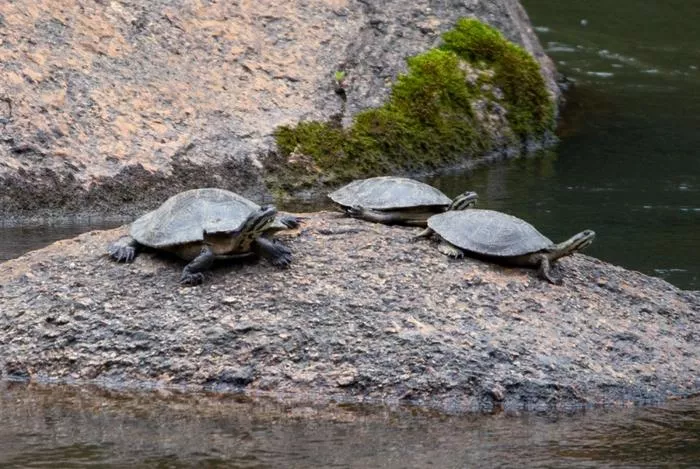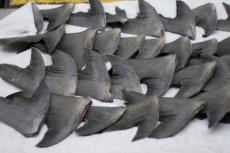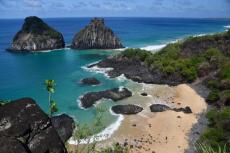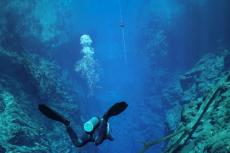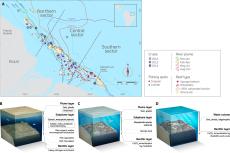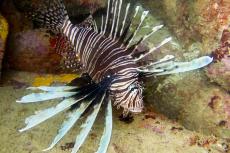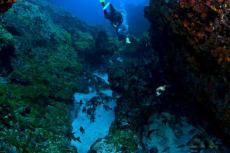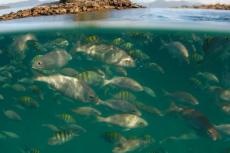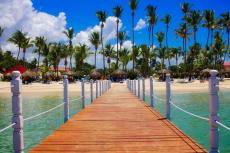Hydroelectric plants put turtle habitats at risk
A rare turtle species finds themselves under threat from the growing hydroelectric power industry in Brazil.
In a recent study, scientists in Brazil are sounding the alarm for the Williams' side-necked turtle (Phrynops williamsi), a rare species found only in Brazil's Atlantic Rainforest and neighboring Pampa grasslands. The growing hydroelectric power industry in the country poses a grave threat to these turtles, already classified as "Vulnerable" by the International Union for Conservation of Nature (IUCN).
Lead author André Luis Regolin, a professor at the Federal University of Goiás (UFG), emphasized how their research sheds light on the broader impact of hydropower expansion not just on these turtles but also on other species facing similar challenges.
Hydroelectric Plants 1 - Turtles 0
The study reveals that hydroelectric projects and reservoirs encroach on 20 percent of the turtles' natural habitat, with smaller hydropower plants (SHPs) set to exacerbate the problem in the near future. SHPs could cause nearly as much damage as larger projects already in operation.
Reservoirs formed by hydroelectric dams flood the turtles' homes, destroying the rapids they rely on. Dams often obstruct their search for new habitats, and as more hydro projects emerge, the remaining habitable areas become scarcer and less connected.
In the study, researchers matched turtle habitats with hydroelectric plant locations, covering a total of 687 developments, which included 406 operational hydroelectric plants, 48 that were under construction, and 233 that were in planning stages.
Extinction risk had been underestimated
Their findings indicate that the risk of extinction for these turtles has been underestimated. Although the species is currently categorized as "Data Deficient" in Brazil due to insufficient information, the study recommends upgrading its status to "Vulnerable" due to an estimated 30 percent loss of its distribution range. In Paraguay, Uruguay and Argentina, it suggested that the species be labeled as "Endangered" due to its limited range.
These turtles have often been overlooked in the past because research typically prioritizes land-dwelling species. The hope is that the study's findings will steer future energy projects in a more turtle-friendly direction.
Regolin stresses the urgency, saying, "We've shown how these hydro projects are harming these turtles, and we need swift action. We're calling for further research to safeguard these unique turtles."


